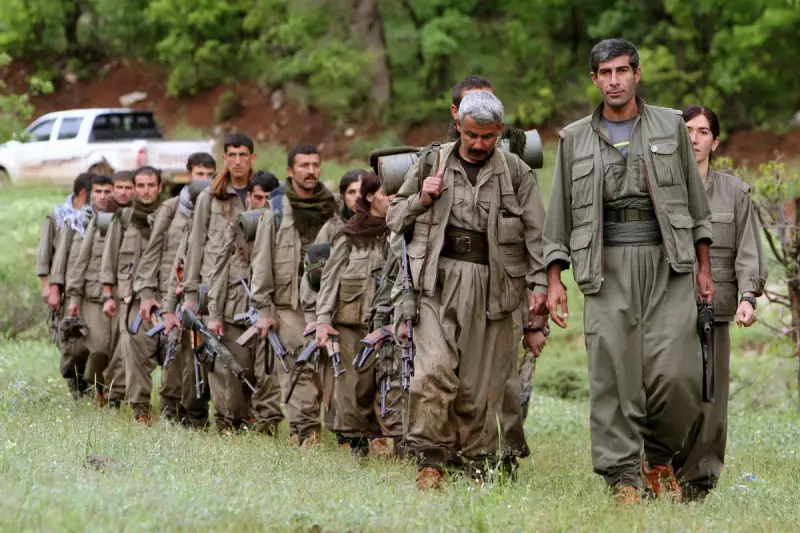
Turkish military forces have initiated a significant new offensive against Kurdish militant positions in northern Iraq, marking a substantial escalation in the long-running conflict between Ankara and the Kurdistan Workers' Party (PKK).
Operation Details and Strategic Objectives
The comprehensive operation involves both ground troops and air strikes targeting PKK strongholds in Iraq's mountainous northern regions. Turkish defence officials confirmed the deployment of commando units and specialised forces to disrupt PKK logistical networks and command structures.
According to military sources, the offensive aims to create "security zones" along the Turkey-Iraq border, preventing cross-border attacks and dismantling what Ankara describes as terrorist infrastructure.
Diplomatic Fallout with Iraq
The military action has triggered a sharp diplomatic response from Baghdad, with Iraqi officials condemning what they term a violation of national sovereignty. Iraq's foreign ministry summoned the Turkish ambassador to deliver a formal protest, highlighting the growing strain in bilateral relations.
"This operation represents a serious breach of international law and Iraqi territorial integrity," stated an Iraqi government spokesperson. "We demand the immediate withdrawal of Turkish forces from our territory."
Historical Context and Ongoing Conflict
The PKK, designated as a terrorist organisation by Turkey, the United States, and European Union, has waged an insurgency against the Turkish state since 1984. The conflict has resulted in approximately 40,000 casualties and continues to represent a major national security concern for Ankara.
Abdullah Ocalan, the PKK's founding leader, remains imprisoned in Turkey since 1999, though he continues to exert ideological influence over the movement from his island prison.
Regional Security Implications
Security analysts suggest this escalation reflects Turkey's broader regional strategy to counter Kurdish militant groups operating across its borders. The timing coincides with increased Turkish military activities in neighbouring Syria and comes amid delicate negotiations regarding NATO expansion and regional security arrangements.
The operation has raised concerns among international observers about potential destabilisation in already volatile regions of northern Iraq and the impact on civilian populations caught in conflict zones.
International Response and Monitoring
Western governments are closely monitoring the situation, balancing support for Turkey's security concerns against respect for Iraqi sovereignty. The United Nations has called for restraint from all parties and emphasised the importance of diplomatic solutions to regional conflicts.
As operations continue, humanitarian organisations have expressed concern about displacement of civilian populations and potential human rights implications in the affected border regions.





